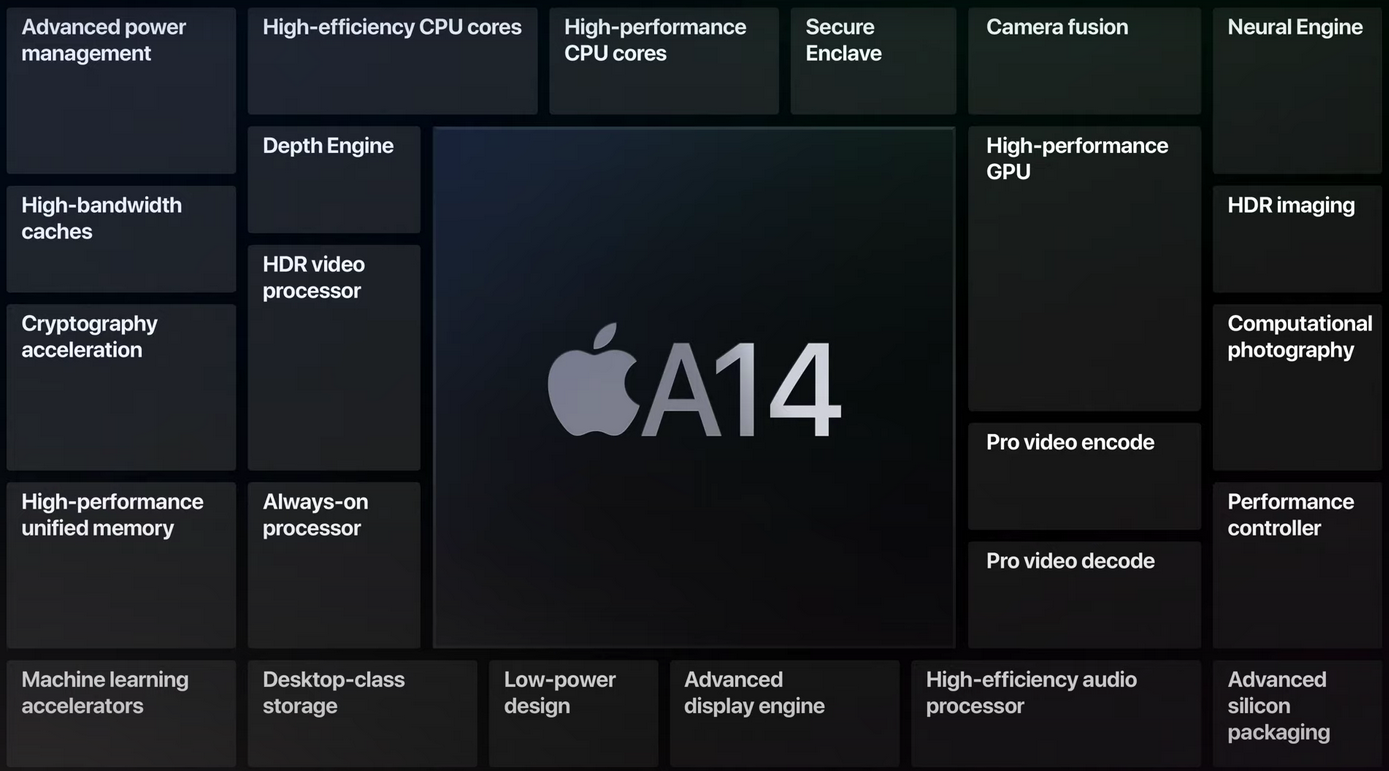Apple is reportedly going to adopt the latest generation of fabrication process from TSMC in the second half of next year. The new chip will likely be used in the next generation of iPhones and Apple tablets, presumably the Pro lineup. The iPad Air might also be revealed in 2022, and it will have an OLED display, and could possibly be powered by the new chipset as well.
Nikkei reports that both Apple and Intel are testing the next generation of their chipsets made with the 3-nanometer fabrication process according to several sources, familiar with the matter. The new 3-nm technology is said to increase the computing performance by 10 to 15 percent, compared to the 5-nm process. Power consumption is also said to be reduced by 25 to 30 percent.
Nanometer refers to the width between the transistors on the chip. The smaller the nanometer, the more advanced and powerful the chip can be, adding more challenges and making it more expensive to produce. The most advanced chip production technology that is used in a publicly available device is TSMC’s 5-nm technology, the Apple A14 Bionic chip.
Apple’s iPad will likely be among the first devices to be powered by the new chipset made using the 3-nm technology, according to the sources. The new generation of iPhones, which are expected to come out in 2022 are said to be using the 4-nm technology for “scheduling reasons”.
As for Intel, the new chipsets will likely make it to data centers, notebooks and a wide variety of other advanced computing products, all in an attempt to regain some market share that was lost to AMD in recent years. AMD’s market share for notebook processors rose from 11 percent in 2019 to more than 20 percent last year. “Currently the chip volume planned for Intel is more than that for Apple’s iPad using the 3-nanometer process,” one of the sources said.
There will likely be some competition for being the first company to efficiently produce and deliver 3-nm chipset to consumers and data centers, however Apple will likely win the battle for consumers, delivering millions of iPads and iPhones in the near future.

